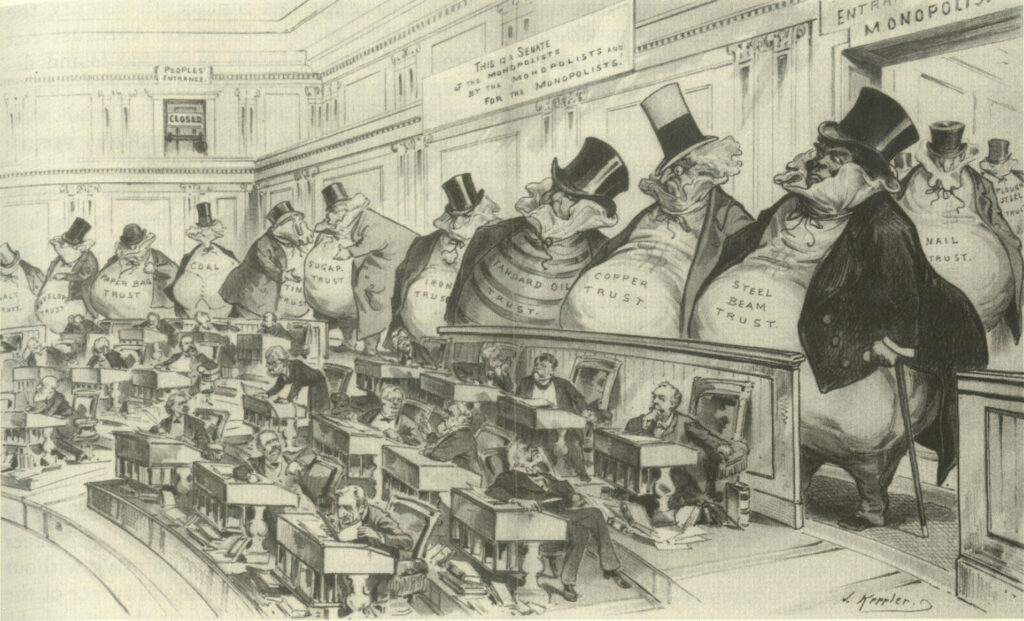
The modern digital economy takes place within a regulatory framework setting limits on the allowable behavior of participants; yet, under conditions of globalization, both industry actors and individual consumers to varying degrees face options as to the regulatory forum in which to operate and conduct business. This pluralism of regulation makes for a particularly complex digital policy landscape, where different government actors with different resources and normative priorities vie to shape the overall direction of technical and societal development. On the one hand, the giant tech corporations can leverage their size and financial might to co-opt regulatory bodies in a variety of ways. Such a process of regulatory capture is common to many industries in late-stage capitalism, representing a second-best solution for industry players to the largely self-regulated market of the Internet’s early years. On the other hand, the plurality of regulatory fora can also produce a race to the top in terms of standards, at least inasmuch as tech providers wish to avoid the costs associated with tailoring their services to each individual jurisdiction as much as possible. The alternative would be a set of largely mutually impermeable digital worlds, with completely different user experiences: the splinternet. In such a configuration, the nationality of tech companies also becomes a dominant consideration.
The issues related to trust with respect to the regulatory environment reflect these two considerations. There is a question as to the trustworthiness of the regulatory regimes in safeguarding the public interest vis-a-vis industry and special interest penetration. Also, there is a question as to the value-alignment of foreign actors, both public and private, operating in and influencing domestic digital markets. Therefore, in this arena one can most characteristically see distrust trade-offs between incompatible claims: public vs. private, universalist vs. national.
The research project proposes to understand the comparative dimension of digital policymaking by analyzing data on tech industry concentration and antitrust activity (relative to other businesses), by assessing dynamics of pantouflage (the revolving door between government and industry), and by exploring data on transnational ownership patterns. The outcomes in terms of divergent regulatory regimes in North America, Europe, and the Asia-Pacific region will be investigated with the assistance of tech policy experts, regulators, and lobbyists.
Basic references:
- Farrell, H., Newman, A., 2019. Of privacy and power: the transatlantic struggle over freedom and security. Princeton University Press, Princeton, New Jersey.
- Murphy, M.H., 2019. Surveillance and the law: language, power, and privacy. Routledge, Abingdon; New York.
